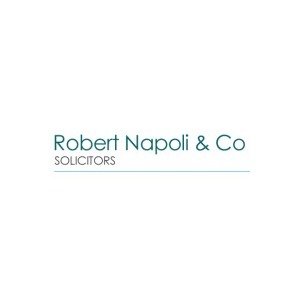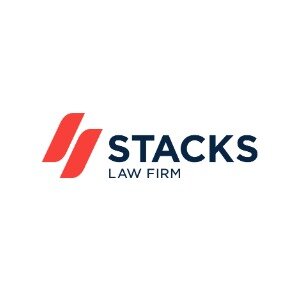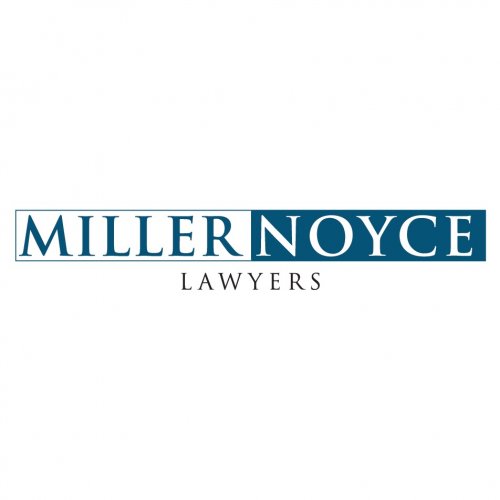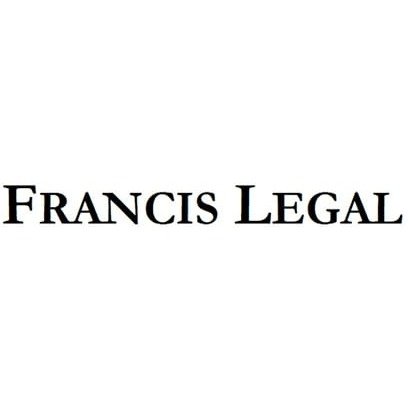Best Commercial Litigation Lawyers in Hornsby
Share your needs with us, get contacted by law firms.
Free. Takes 2 min.
List of the best lawyers in Hornsby, Australia
About Commercial Litigation Law in Hornsby, Australia
Commercial litigation refers to the process of resolving business-related disputes through the court system or alternative dispute resolution methods. In Hornsby, a northern suburb of Sydney in New South Wales, commercial litigation involves matters ranging from contract disputes to partnership dissolutions and more. The legal landscape is primarily governed by both state and federal laws, including the Uniform Civil Procedure Rules 2005 (NSW) and relevant statutes such as the Corporations Act 2001 (Cth). Commercial litigation can affect individuals, small businesses, and large corporations alike, making it essential to understand your rights and obligations if you are involved in a commercial dispute.
Why You May Need a Lawyer
There are various scenarios where seeking legal advice from a commercial litigation lawyer in Hornsby is highly recommended. Some common situations include:
- Contractual disagreements with suppliers, customers, or partners
- Debt recovery and enforcing payment
- Shareholder or partnership disputes
- Misleading or deceptive conduct claims under Australian Consumer Law
- Intellectual property infringements such as trademark or copyright disputes
- Employment disputes with senior staff or contractors
- Breaches of fiduciary duty or director responsibilities
- Property or leasing disputes relating to commercial premises
A skilled commercial litigation lawyer can help clarify your position, protect your interests, negotiate settlements, and, if necessary, represent you in court to achieve the best possible outcome.
Local Laws Overview
Commercial litigation matters in Hornsby are managed within the New South Wales legal framework. Some key aspects include:
- Uniform Civil Procedure Rules 2005 (NSW): These rules outline the procedures for commencing and conducting litigation in the NSW Supreme, District, and Local Courts.
- Corporations Act 2001 (Cth): Regulates the operation of companies across Australia, including rules around directors’ duties, insolvency, and shareholder rights.
- Australian Consumer Law: Contains provisions that protect businesses and consumers against unfair practices, misleading conduct, and unconscionable conduct.
- Commercial Arbitration Act 2010 (NSW): Encourages parties to resolve disputes outside of court via arbitration and mediation, which can be faster and less costly.
- Local Courts: Handle minor commercial disputes, while larger or more complex matters are likely to be dealt with by the District or Supreme Courts of NSW.
It is important to seek legal advice as soon as a dispute emerges to ensure compliance with procedural requirements and time limits specific to your case.
Frequently Asked Questions
What types of disputes are handled under commercial litigation law in Hornsby?
Commercial litigation covers a wide range of business disputes, including breach of contract, partnership issues, debt recovery, business-to-business disagreements, competition law matters, and more.
How do I know if I have a valid commercial litigation case?
You likely have a valid case if you have suffered financial or reputational harm as a result of another party’s conduct in a business context. Consulting with a lawyer can help you assess the strength of your position.
Are all commercial disputes resolved in court?
No. Many disputes are resolved through negotiation, mediation, or arbitration before reaching court. Courts often encourage parties to use alternative dispute resolution to save time and costs.
How long does commercial litigation usually take in Hornsby?
The duration depends on the complexity of the dispute and whether it is resolved outside of court or proceeds to trial. Simple matters may take a few months, while complex cases can take a year or longer.
What are the costs involved in pursuing commercial litigation?
Costs vary based on case complexity, duration, and the legal representation required. They commonly include legal fees, court filing fees, and expert witness costs. Discuss fee structures early with your lawyer.
What are my chances of success?
Success depends on the facts of your case, the relevant law, and the evidence available. An experienced commercial litigation lawyer can assess your case and provide an informed opinion on the likelihood of a favourable outcome.
Can I represent myself in commercial litigation?
You are allowed to represent yourself, but commercial disputes often involve complex laws and procedures. Legal representation is usually recommended to ensure your interests are best protected.
What should I do if I receive a legal notice or court document?
It is important to seek legal advice immediately, as there are strict deadlines for responding. Ignoring legal documents can result in unfavourable judgments or the loss of your rights to defend the case.
How is evidence gathered in commercial litigation?
Evidence can include contracts, correspondence, expert reports, financial records, and witness statements. Your lawyer will guide you on what is required and how to obtain or preserve key documents.
What happens if I lose my case?
If you are unsuccessful, you may be ordered to pay the other party's legal costs in addition to your own. Your lawyer can help you understand the risks involved before commencing proceedings.
Additional Resources
For further information or support, the following resources may be helpful:
- Law Society of New South Wales - Find a solicitor or get general legal information.
- NSW Civil and Administrative Tribunal (NCAT) - Handles certain commercial and consumer matters.
- Supreme Court of New South Wales - For higher-value or more complex business disputes.
- Fair Trading NSW - Offers guidance on consumer and trader rights, including dispute resolution options.
- Australian Securities and Investments Commission (ASIC) - Regulates companies and financial service organisations.
- Community legal centres - Provide general legal advice and support, often at low or no cost.
Next Steps
If you are facing a commercial dispute in Hornsby, consider the following steps to protect your interests:
- Gather all relevant documents and communications related to the dispute.
- Write down a timeline of events and principal issues for reference.
- Arrange a consultation with a commercial litigation lawyer familiar with Hornsby and NSW law.
- Discuss your options, including negotiation, mediation, arbitration, or taking court action.
- Consider the costs, possible outcomes, and risks involved before making decisions.
Early legal advice can be crucial in commercial litigation matters and may improve your chances of a quicker, more cost-effective resolution. Take action promptly to preserve your rights and protect your business interests.
Lawzana helps you find the best lawyers and law firms in Hornsby through a curated and pre-screened list of qualified legal professionals. Our platform offers rankings and detailed profiles of attorneys and law firms, allowing you to compare based on practice areas, including Commercial Litigation, experience, and client feedback.
Each profile includes a description of the firm's areas of practice, client reviews, team members and partners, year of establishment, spoken languages, office locations, contact information, social media presence, and any published articles or resources. Most firms on our platform speak English and are experienced in both local and international legal matters.
Get a quote from top-rated law firms in Hornsby, Australia — quickly, securely, and without unnecessary hassle.
Disclaimer:
The information provided on this page is for general informational purposes only and does not constitute legal advice. While we strive to ensure the accuracy and relevance of the content, legal information may change over time, and interpretations of the law can vary. You should always consult with a qualified legal professional for advice specific to your situation.
We disclaim all liability for actions taken or not taken based on the content of this page. If you believe any information is incorrect or outdated, please contact us, and we will review and update it where appropriate.












